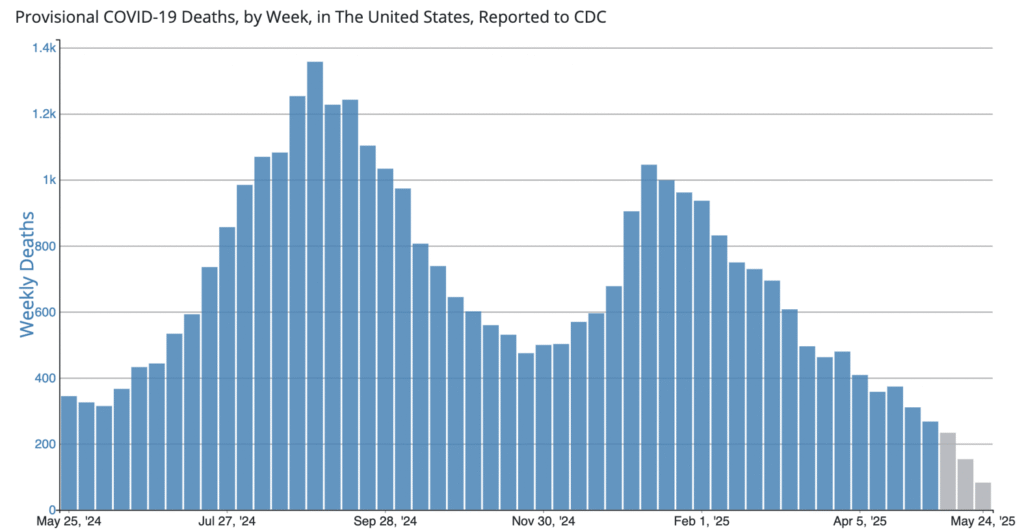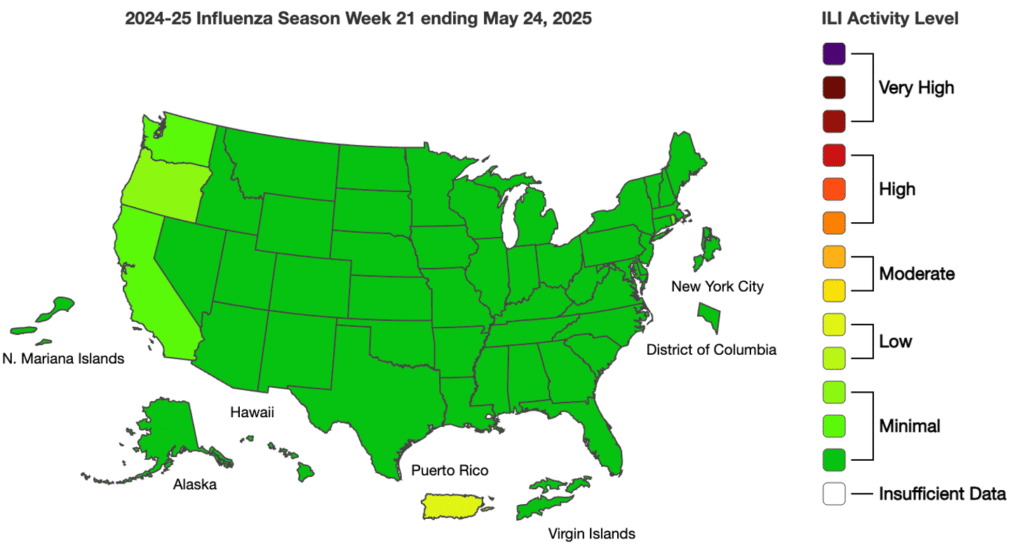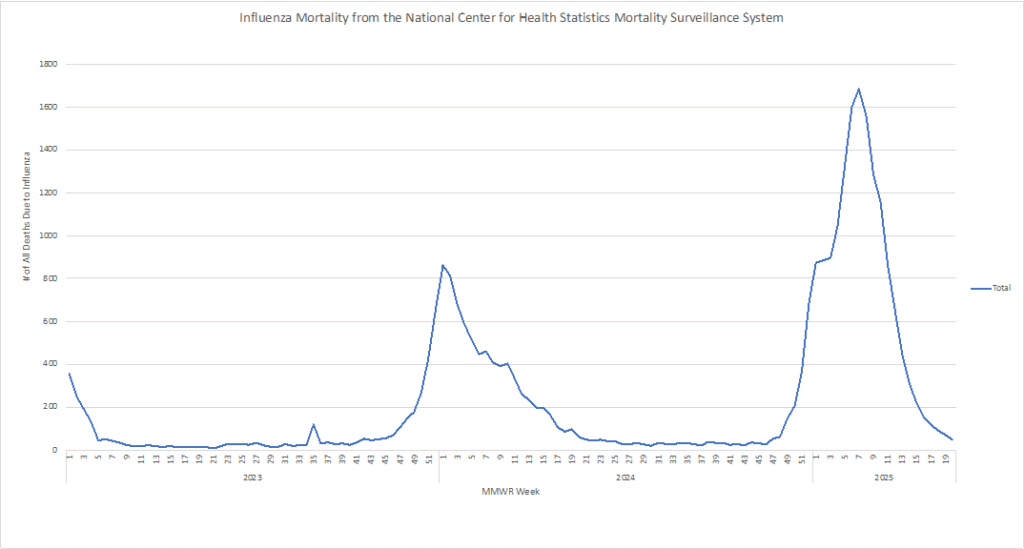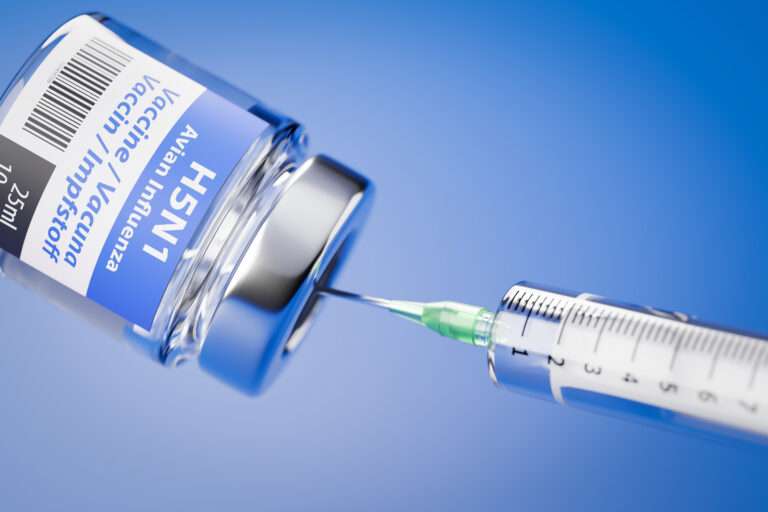Although the risk of humans being infected by and transmitting avian influenza remains low, a National Academies of Science panel explained that, while the virus is not new, it is behaving differently by adapting to be able to infect many species beyond birds. Thus, there continues to be potential for human transmission if further adaptation occurs.
Because of this, the recent decision of HHS to cancel a $766 million contract with Moderna to assist in late state development of an mRNA vaccine against the H5N1 bird flu virus is concerning. The decision was made based on the controversial concern about the overall safety of the mRNA technology, but it also forfeits the U.S. government’s right to purchase doses ahead of a potential bird flu pandemic.
MRNA vaccines are advantageous in that they can be made quickly if needed and can pivot if the virus mutates. However, with the new HHS universal vaccine platform requiring placebo-controlled trials for all new vaccines prior to licensing, approval would be a much lengthier process. Because of this extended testing and approval process, Moderna has also pulled its licensing submission for a combination seasonal flu/COVID mRNA vaccine. The vaccine was intended for adults 50 and older, thus does not fit into the new limits on COVID vaccines allowing access only to those 65 and older or those with underlying condition(s).
Due to these changes in general vaccine access, preventive practices are recommended for individuals and businesses:
- H5N1. For those who have close contact with birds, the use of PPE remains an important way to help prevent illnesses and to prevent further mutation of the virus by which it might become more efficient at infecting people. Additionally, with the continued infections detected in additional animal species, the potential for enhanced transmission to the general population remains, highlighting the importance of continued robust surveillance of both farm and backyard animals.
- COVID and Flu. Stay home when ill! Wash hands regularly; keep distance from others who are ill; wear a mask if you need to be in proximity of ill persons; consult a health care practitioner when symptoms arise.
COVID Risk Matrix:

Influenza:


Infectious Disease News:
- A Cholera outbreak in Sudan has killed more than 185 people, with over 7,700 cases to date in 2025, likely linked to sanitation failures. In recent weeks, the water and electricity supply have been severely disrupted because of military strikes. It is estimated that millions more people are at risk of infection. UNICEF has delivered more than 1.6 million oral cholera vaccines to Sudan to support immunization efforts, and the Africa CDC has met to discuss further control efforts.
- On May 15, 2025, the California Department of Public Health notified the FDA of an outbreak of norovirus illnesses associated with consumption of certain oysters from Korea. They were harvested on Jan. 30, 2025, and processed in Korea, then shipped to distributors in AZ, CA, CO, GA, ID, KS, NV, TX, UT, and WA. The importer, Khee Trading Inc. of Compton, CA, recalled the products on May 19, 2025. FDA issued an advisory on May 22, 2025, to Restaurants and Retailers related to this recall.
- The US Department of HHS is ending a $766 million contract with the vaccine company Moderna to help with the late state development of an mRNA vaccine to protect people against H5N1 bird flu virus. Concerns about the overall safety of the mRNA technology have been raised, although this is controversial. This decision also forfeits the U.S. government’s right to purchase doses ahead of a pandemic, and canceled an agreement set up by the Biden administration in January to prepare the nation for a potential bird flu pandemic.
- With increasing reports on the potential threats from biological, chemical, and physical food contaminants, a review of the literature was done to define future risks and describe optimal regulatory regimes and detection technologies. These findings highlight the need for future research on systematically identifying and validating the regional differences in food contamination prevention measures. In addition, the findings also call for more international cooperation to ensure that the most effective prevention, mitigation, and control efforts are put in place.
- Per revised CDC measles vaccine guidance, Americans should now be vaccinated against the virus no matter where they’re traveling to internationally. Previously, the recommendation was extended only to those who were traveling to countries with outbreaks.





